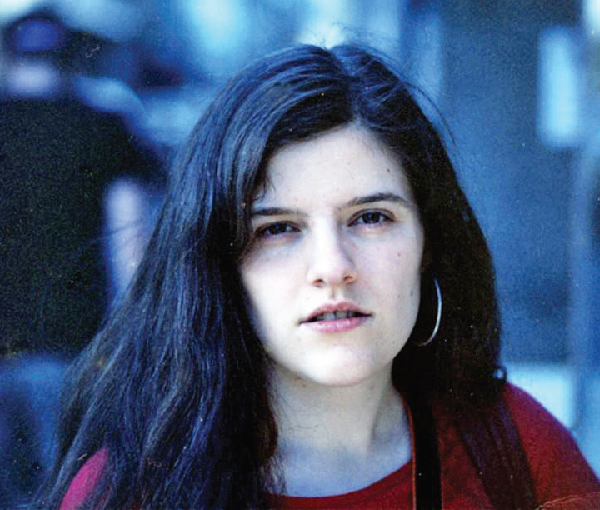Portuguese filmmaker Alexandra Côrte-Real, curator of the Portuguese film festival ‘From Images of a Time to the Time of Images’ talks about her expectations at this event and her love for Satyajit Ray

#TGLIFE: What do you expect from this event in Goa?
Alexandra: I am very curious about the other artists and people involved with the festival and wondering what they are thinking at the moment and what they are creating. I’ve never been to India before, but since I saw The River by Jean Renoir I’ve been eager to come here. I believe I’m going to discover a whole different perspective in so many things but at the same time realise that the things that do connect us and that touch us personally, are in fact all the same, no matter, time and space. I’m also very interested in knowing how this invasion of the image culture is affecting people, how do they look at things, what they are looking at and what are the paths being opened by all the constant changes in the world.
#TGLIFE: You are involved in many arts – music, photography, editing, producing. Tell us more.
I started studying music when I was very young. I played the piano and guitar, but my favourite part was singing. I did some operas with children characters and in choirs. I was always in love with the stories and the emotions I could explore, so I then went on to do a musical course that had just opened in my town. Around the same time, my family gave me a camera. I was fascinated by its power. This was before I went to college. In high school, I met a friend who wanted to be a director. We used to skip school to watch movies, all the time imagining stories and talking about our ideas of the world. I wanted to explore more of that and, thinking that I would never get in, I applied to film school and got in. I graduated in directing. It is important to understand the different parts in the making of a film. I discovered, I loved editing and I knew that I had to do production which is the adaptation of the ideas to the practical world. After that, things seem to have happened randomly and somehow related to artistic expression, atleast I tried to look at them that way.
#TGLIFE: Which of these arts do you enjoy the most?
I enjoy the possibility of expressing and sharing ideas and emotions. I think that I’m closer to cinema in a way of how I look to the world or a language. As if building a representation of the world I know or I imagine is a way of giving sense to us and to what surrounds as.
#TGLIFE: What is the common thread that binds all arts together?
I think it’s the magic of it. The power of creating something that shows what can’t be explained and that somehow connects people anywhere, anytime.
#TGLIFE: Stories – visual, audio or reading books – always fascinate people, no matter which country they originate from. Have there been any memorable instances like this when a work of art inspired and really connected with you?
Well, there are millions of examples. When I watched Satyajit Ray’s Aparajito, I was on a bus to go to Lisbon,where I was studying. My mother and I had just had a discussion because she wanted me close to her so she could protect me. She had expectations from me and had an idea of what is best for me which I didn’t know how to accomplish or didn’t really understand. And the film Aparajito was all about this. The kid is going to school far away from the mother. There is this managing of such deep feelings and expectations from people (who love each other) and the world around us. You see, Satyajit knew there is not a moralistic way of dealing with such paradoxes of life and they are indeed universal. I could recognise and feel so close to that situation that I cried my eyes out at the end of the film. And that was in India, on the other side of the world from where I was, happening 60 years ago before my time.
A series of Portuguese film screenings in association with Centro de Lingua Portuguese- Camões, titled ‘From Images of a Time to the Time of Images’ will be held at Sunaparanta amphitheatre on February 27
and 28